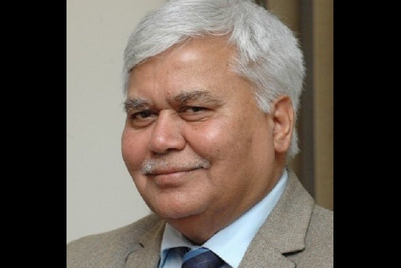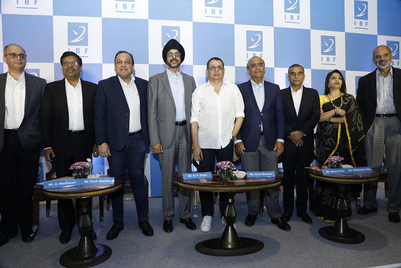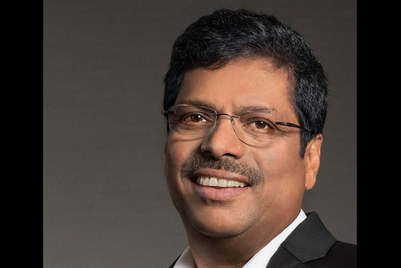
The Indian Broadcasting Foundation (IBF) has expressed 'shock' and 'disappointment' on TRAI's latest amendment on new tariff order.
The Telecom Regulatory Authority of India (TRAI) had reduced the cap on the MRP of individual channels, which can form part of any bouquet, to Rs.12 per month, from the earlier cap of Rs.19.
The IBF has conveyed that these changes will significantly impact the growth of the broadcast sector. It believes that at a time when the economic environment is tough, this tariff order will force a lot of channels to shut down and will lead to unemployment in the sector.
The IBF reacted to the same with the following statement:
"Less than a year ago, TRAI itself determined that the price per channel can be Rs.19, which has now been reduced to Rs.12 without giving any logical reason. Thus making the change totally arbitrary. The regulator has also sought to impose twin conditions for bouquet formation, effectively introducing a cap on bouquet pricing which was left untouched in the NTO. Coming barely a few months after TRAI notified the NTO effecting a disruptive change of the distribution ecosystem, these amendments will severely impair broadcasters’ ability to compete with other unregulated platforms and adversely affect the viability of the pay TV industry.
In the last 15 years of regulating the broadcast sector TRAI has issued more than 36 tariff orders and ancillary regulations in an attempt to micro manage what is arguably the cheapest form of news and entertainment in the world. This goes contrary to the Government's stated position of ensuring the "ease of doing business". While TRAI claims the amendments are in the consumers’ interest, it appears to have conveniently forsworn the interest of broadcasters. This change will only benefit the DPO’s as they have been allowed to charge as much as Rs 160 for the channels that are supposed to be ‘free’.
Content is king and broadcasters invest substantial resources in producing and acquiring world class content, be it entertainment, knowledge or live sports. By packaging a variety of genres in economically priced bouquets, broadcasters offer the Indian consumer most affordable sports and entertainment globally. This despite an excessively regulated broadcasting environment. IBF in its response to TRAI's consultation paper had pleaded with the regulator to adopt a "soft touch" and allow the industry to come to terms with the NTO before making further changes. In fact, TRAI itself had acknowledged this need by proposing a two year moratorium on further regulation. It appears all IBF's pleas have been ignored. Unfortunately, in this exercise, content creators and owners have been disempowered and the entire authority has shifted to the middlemen.
IBF has always believed that the consumers pay for the value of the content. Post NTO, the ecosystem had just settled down with about 200 million consumers choosing their favourite channels. We have to allow the changes to fully settle down and the market forces to prevail while resisting the temptation to continuously tinker with the regulation. The Regulator’s intent was to address infirmities in the new Tariff Order (NTO), however, it has been done solely at the cost of the broadcasting fraternity.
Over-regulation, inconsistency and frequent changes in the regulations by the Regulator has already cost the broadcast sector 10-12 million TV subscribers as per various industry estimates in 2019. These amendments will compound the problem further.
IBF is disappointed at the lack of understanding shown by the Regulator. It will strategise its future course of action, including evaluating legal options, based on feedback from its member channels and networks."


.jpg&h=334&w=500&q=100&v=20250320&c=1)


.jpg&h=334&w=500&q=100&v=20250320&c=1)











.jpg&h=268&w=401&q=100&v=20250320&c=1)
.jpg&h=268&w=401&q=100&v=20250320&c=1)
.jpg&h=268&w=401&q=100&v=20250320&c=1)
